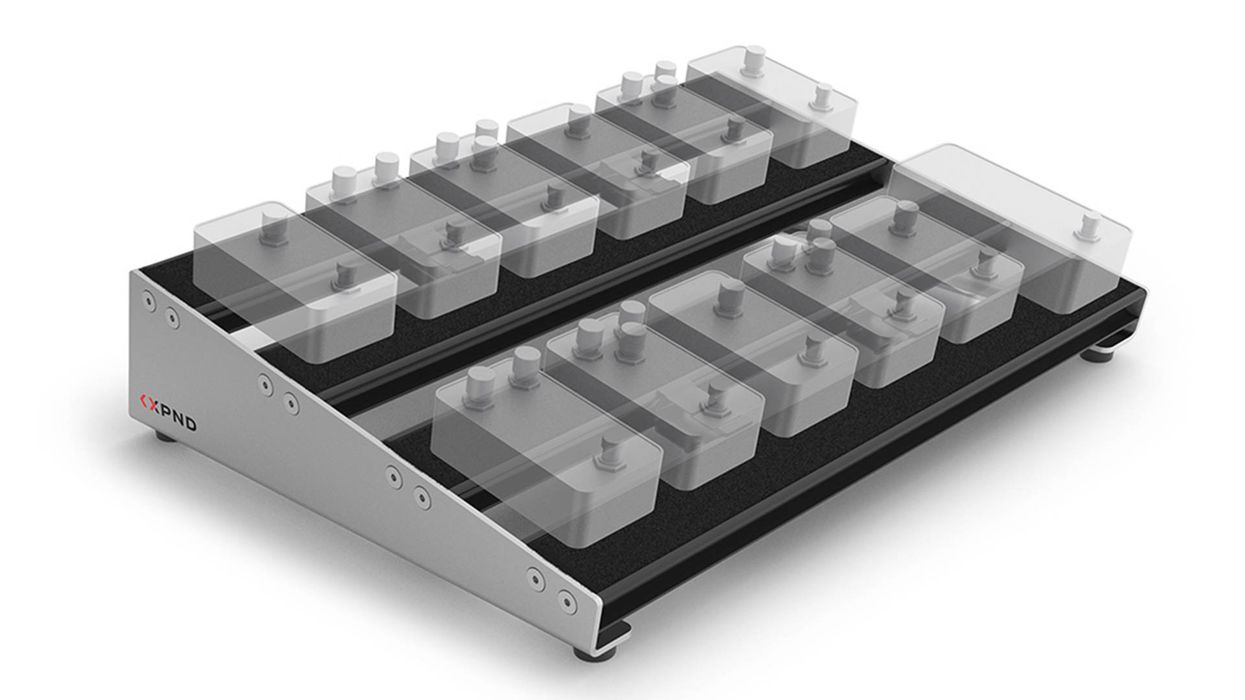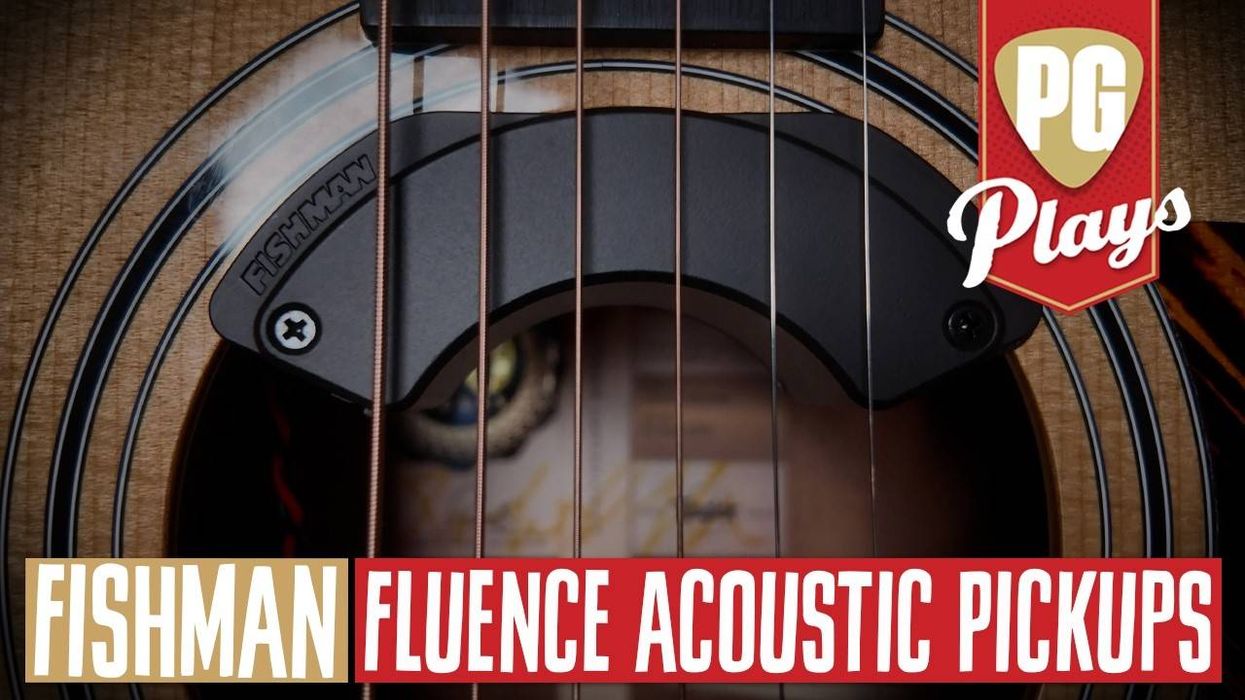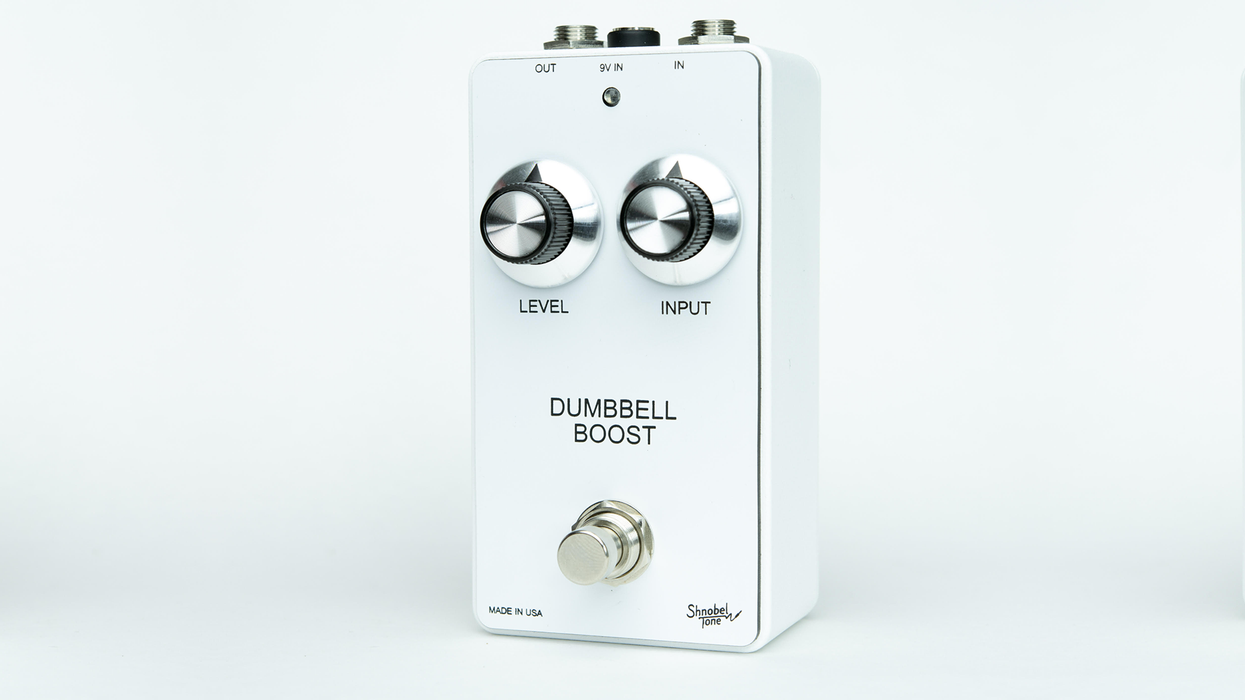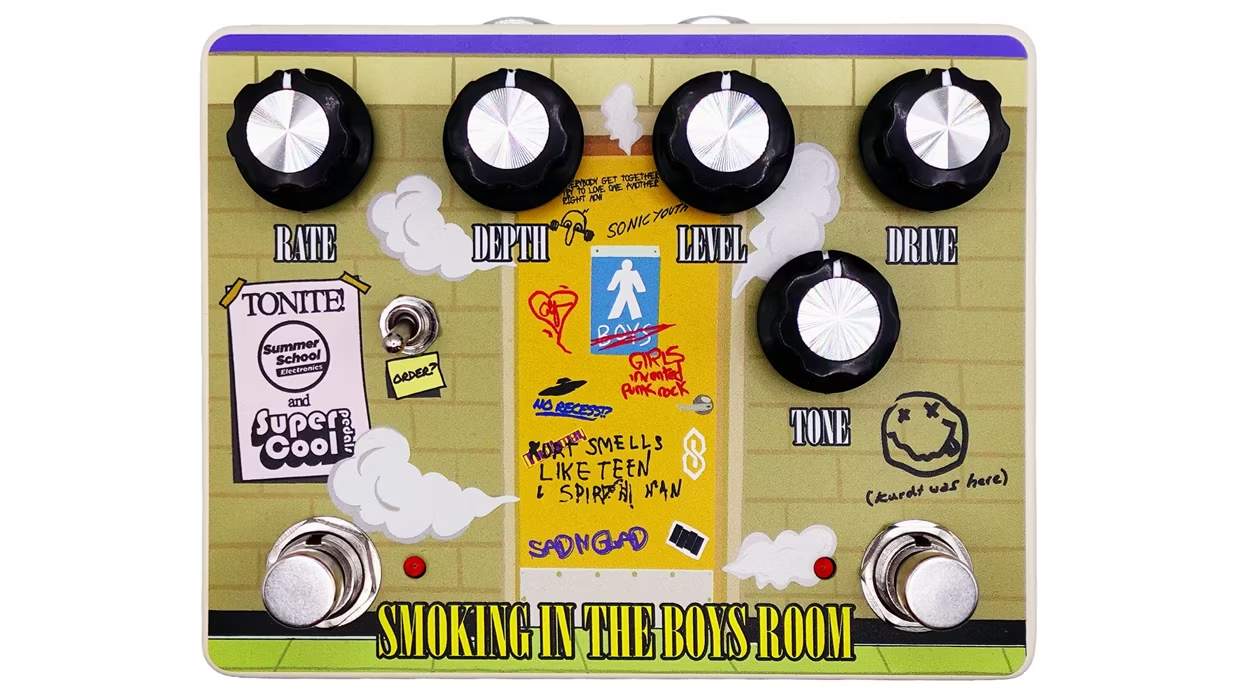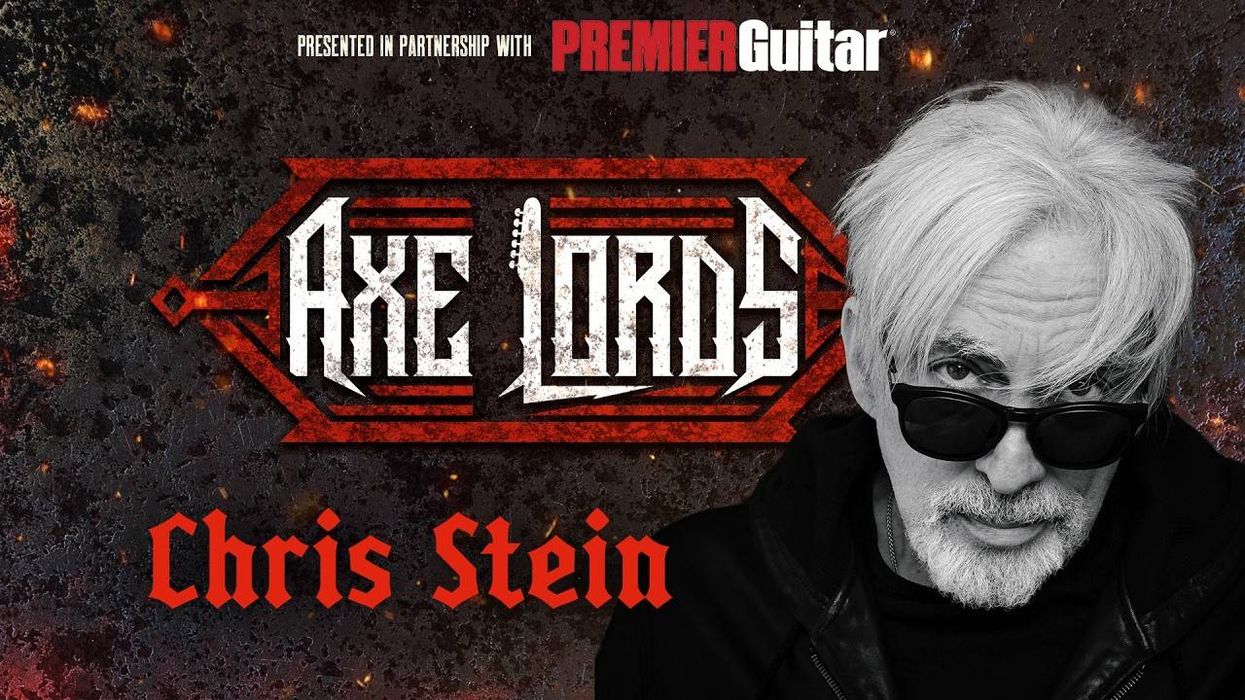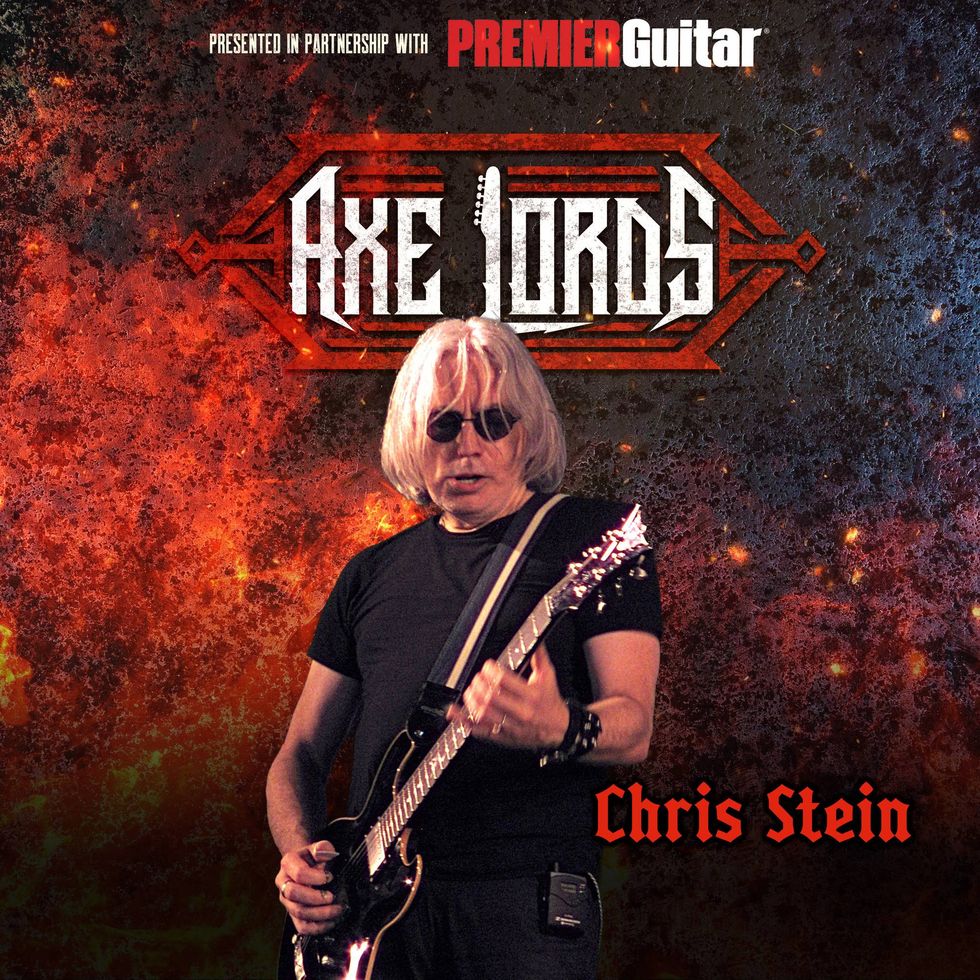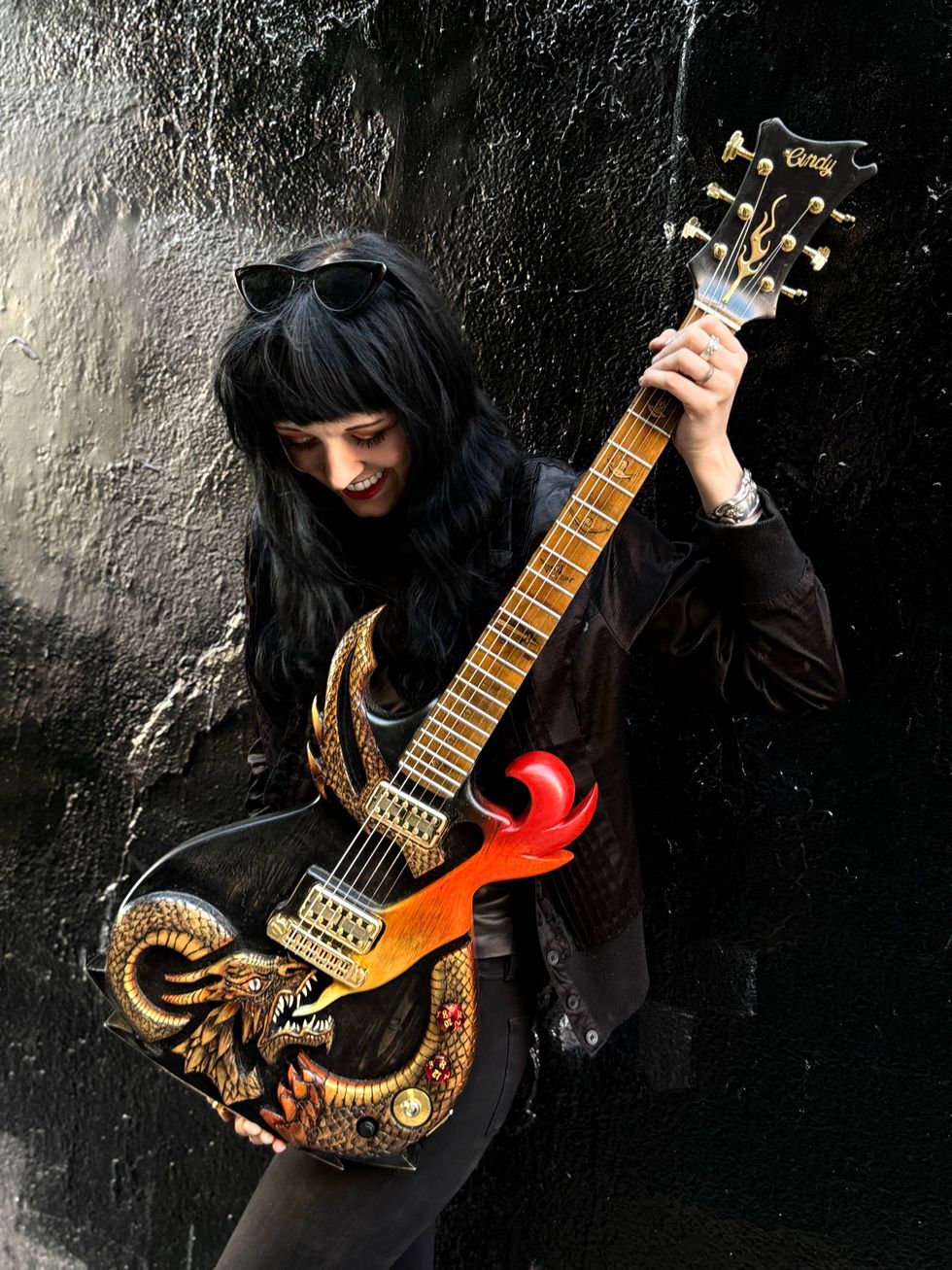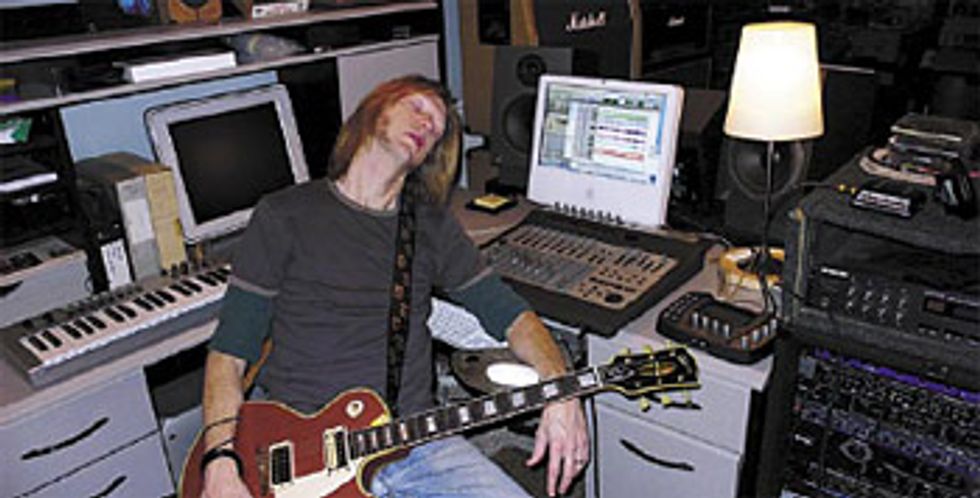
A fairly simple rig, I have more of a workstation than an actual home studio. It’s entirely thought out for facilitating songwriting, as opposed to recording a full band, but it’s totally geared for recording guitars and amps. I use programmed drums, loops and keyboards (Reason and Ableton Live). If I ever want to flesh out a song further, I’ll go to another studio and record with a real drummer. There are plenty of impressive home studios out there in regards to the latest gear, mics, acoustic treatments and so forth, which my setup may not fall into the category of. But it’s very functional, utilitarian and fast.
What is very cool is having a 17’ x 30’ basement space that is isolated sonically from the upper living quarters as far as noise is concerned, so I can pretty much blast away on guitars 24/7. My space serves as a studio/amp workshop, with the recording station on one end and a workbench on the other for working on amps. Like many of you out there with a similar disease, I find myself combing eBay and classifieds for small amps, raw speakers, anything that could be some cool new sound to record with. So the workbench stays pretty heaped with new findings (i.e. crap)!
For a DAW (digital audio workstation), I’m running Pro Tools M-Powered software on an Apple iMac 17” 2GHz Intel Core 2 Duo Processor System – a 160Gb HD with 2Gb RAM. I use an external 300Gb hard drive, as an external drive for your audio files is required with Pro Tools or essentially any DAW to run properly (or at least fast).
For the mic-pre/interface to the computer, I’ve just picked up the M-Audio ProjectMix I/O Control Surface. A most awesome addition to the home rig, as it removes the mouse from my hand probably 75%, replaced with physical faders and transport controls. Of anything I’d recommend investing in right off the bat (beyond a fast computer) when setting up a digital workstation, it would be a control surface interface. Having faders, actual mute and solo buttons, plus physical controls facilitating onscreen editing speeds up the recording process and is less fatiguing, which ultimately aids in producing better sounding recordings.
A quick note on DAW software: most anyone will recommend their favorite and they’ll all be good suggestions. It boils down to what will work best for you. Each DAW out there has features that make it unique or potentially more useful for your needs or comfort. Take the time to check them all out. I recently switched to Pro Tools simply because most everyone I work with these days in the studio is on Pro Tools. It’s much easier for me to share song project files and tracks being on the same platform. I’m very happy with Pro Tools (M-Powered and LE are the reasonably priced “home” versions), as it functions quite similarly to how a traditional recording console feels.
As far as microphones and input signal path, fortunately these days there are many great sounding, affordable mics. One should always have a Shure SM57 on hand for recording guitar amps. Beyond that, I use a small handful of condensers for recording guitars and amps – Rode NT-1 and NT-2, and the incredibly priced Marshall MXL 990/991 pair. As far as high-end mics go, I’ll eventually pick up a Royer M-121 ribbon mic, which is becoming a studio standard for miking guitar amps. I run my mics into a stereo tube mic-preamp (ART dual-channel) to sweeten and soften the tone and then into a dual channel compressor (DBX 1066.) A very inexpensive signal path that gets the job done for recording guitar.
So why am I writing about recording gear in a mag that focuses primarily on guitar? Because I designed my workstation setup for recording guitar quick and easy and for getting great sounds miking real amps. Next issue I’ll impart some wisdom on how to dial up perfect guitar sounds “on tape” without fail almost every time. Cheers!
Peter Stroud, Sheryl Crow Band
65amps/co-founder
65amps.com


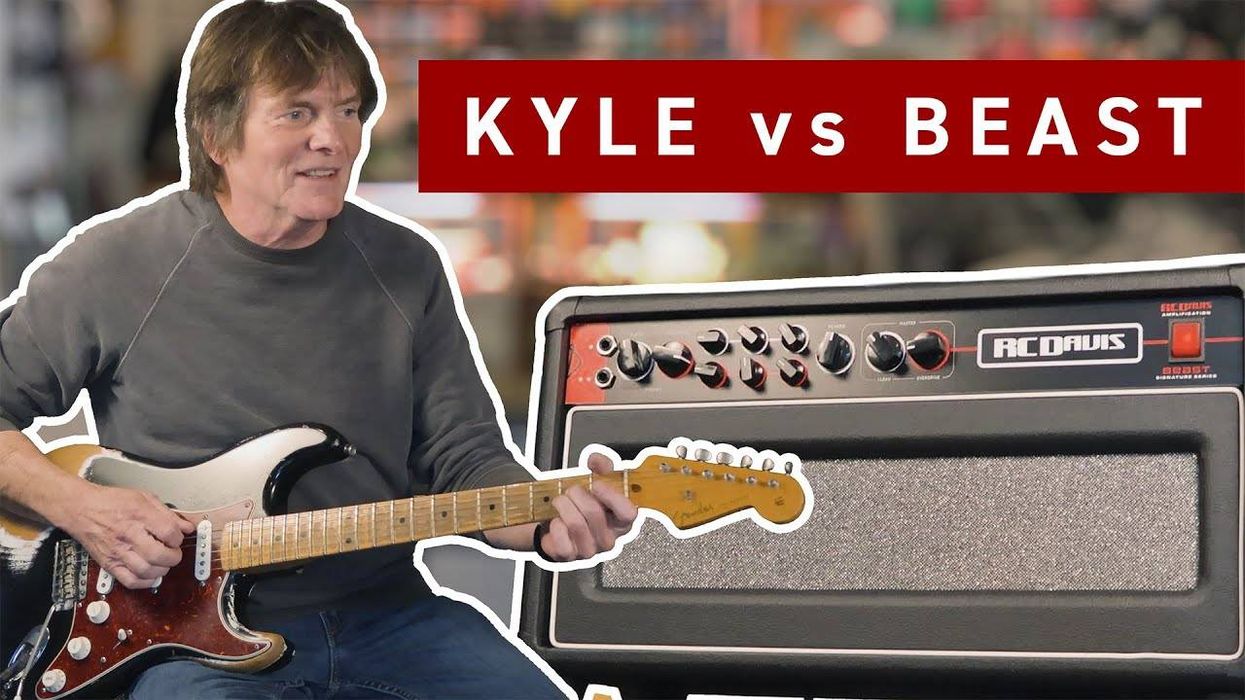
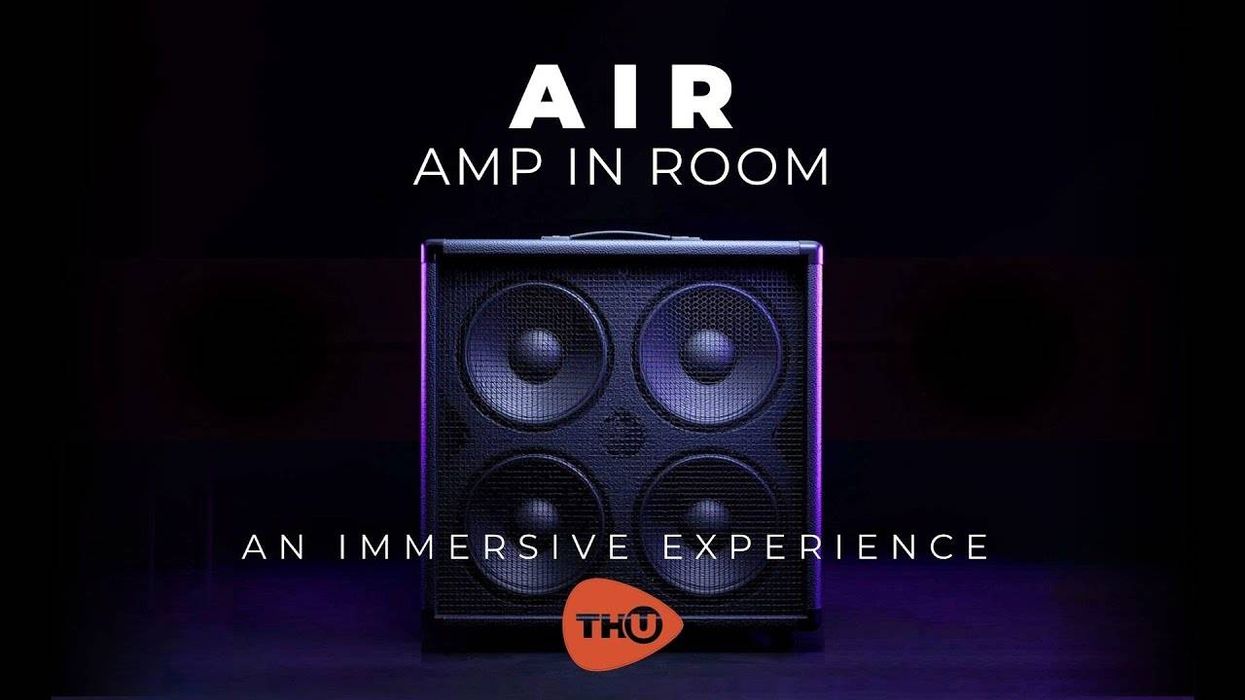
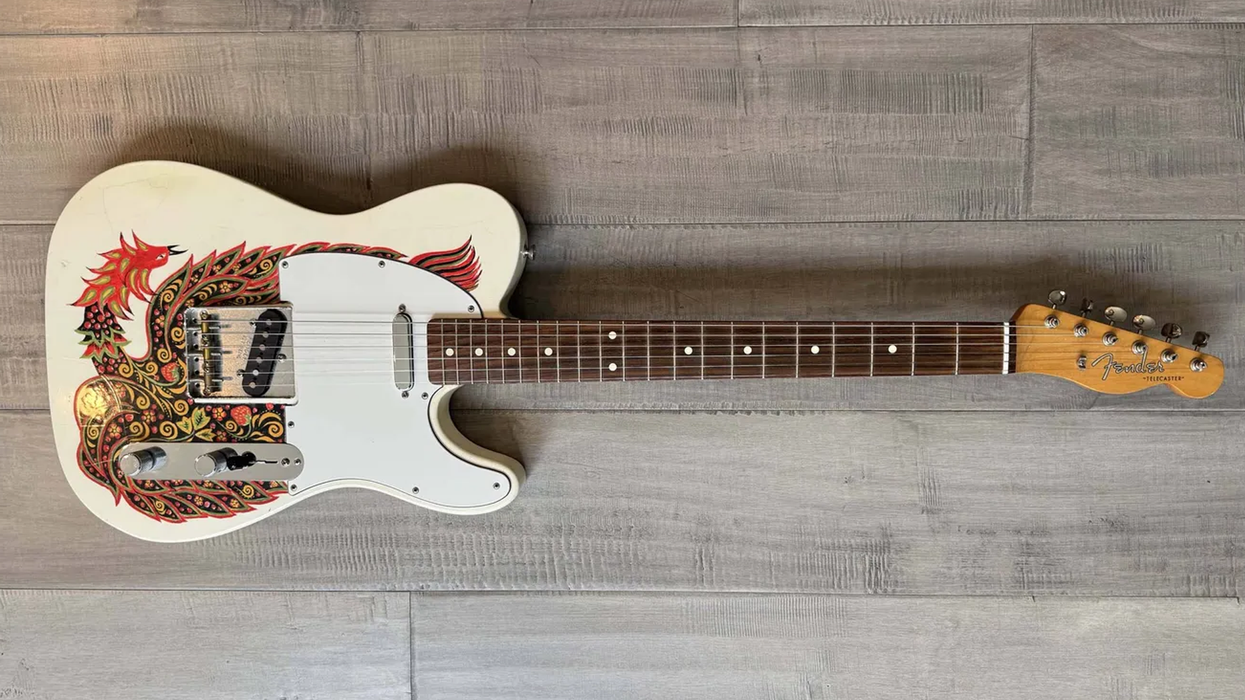
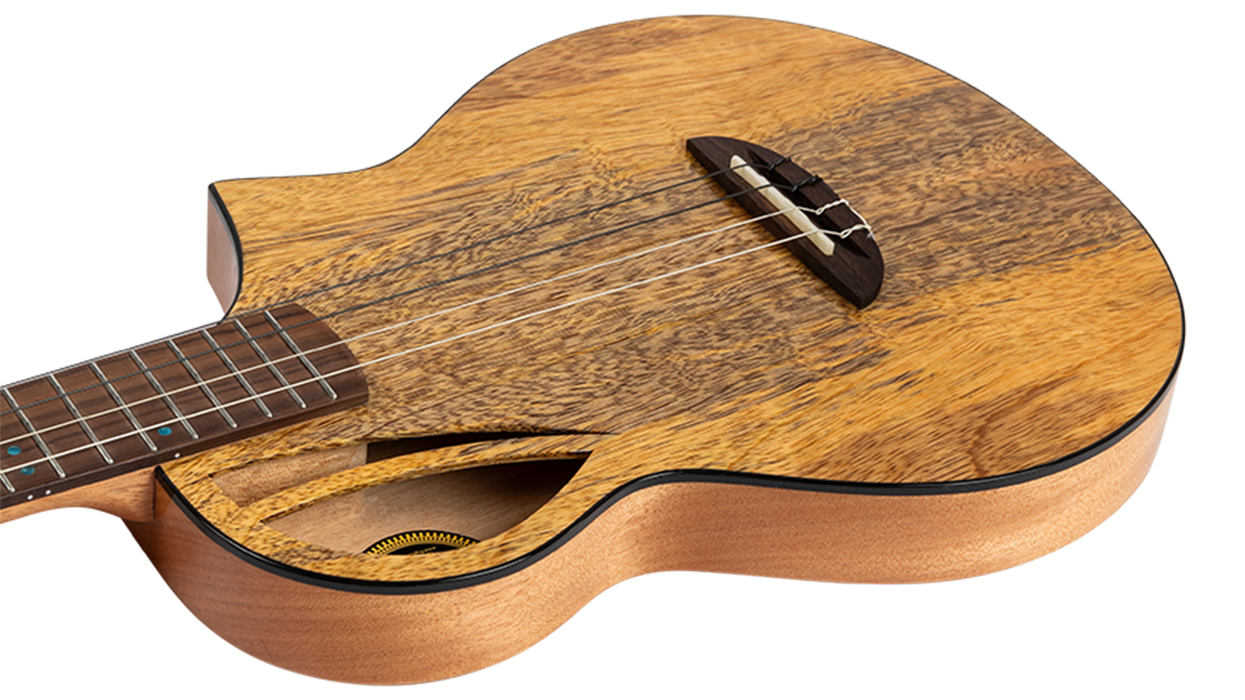
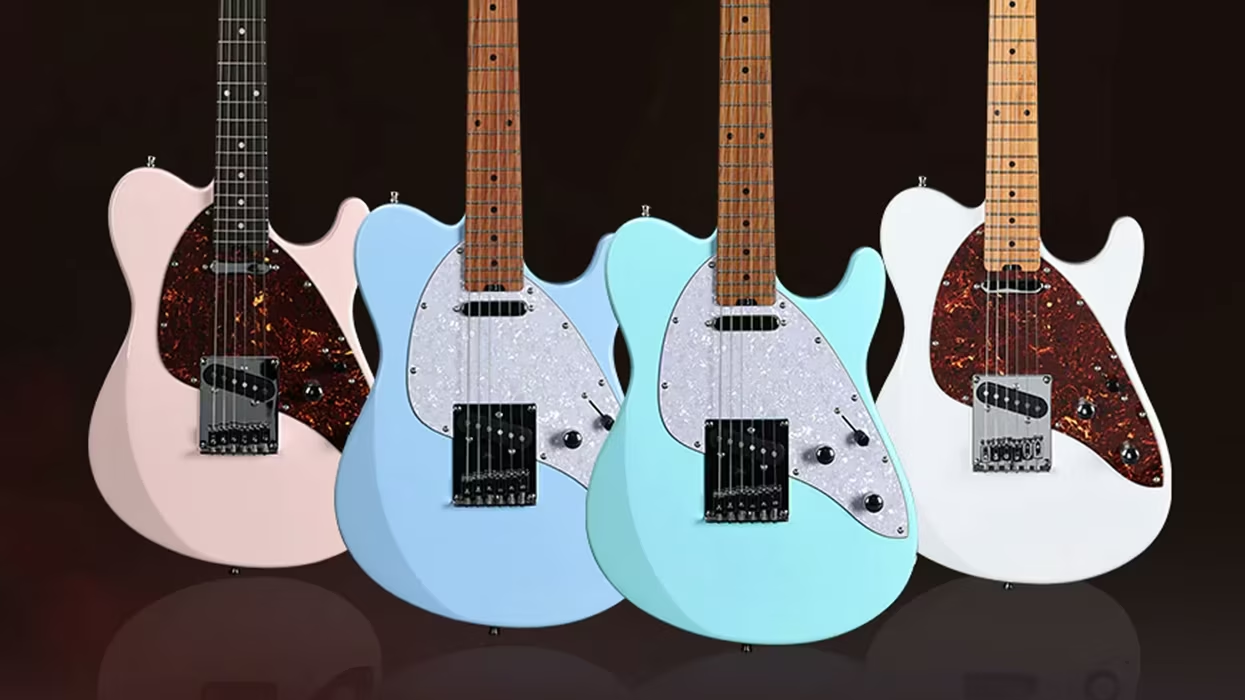
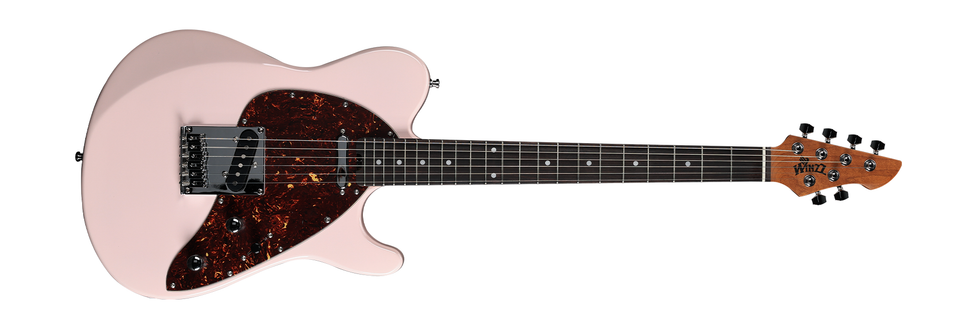
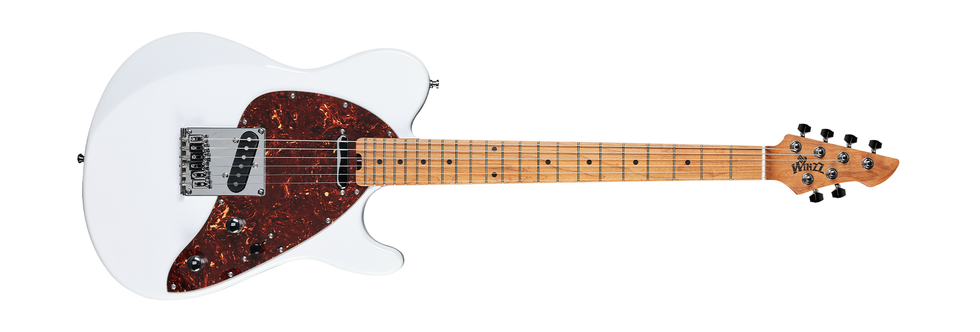
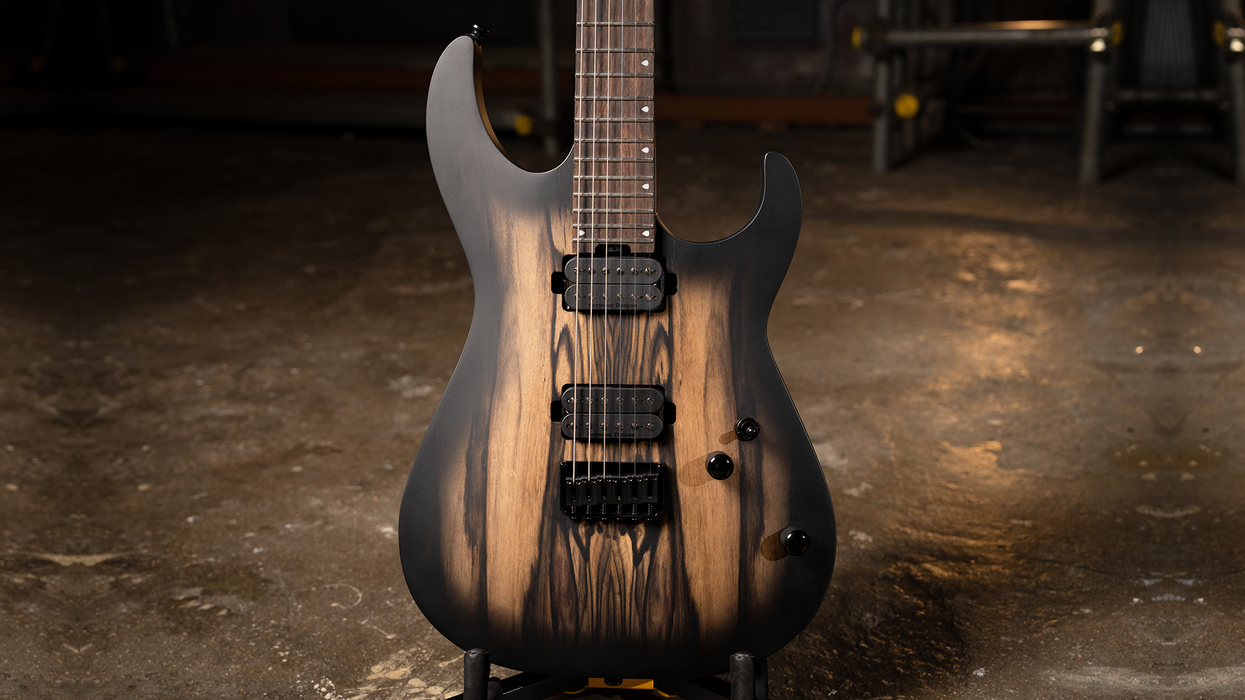

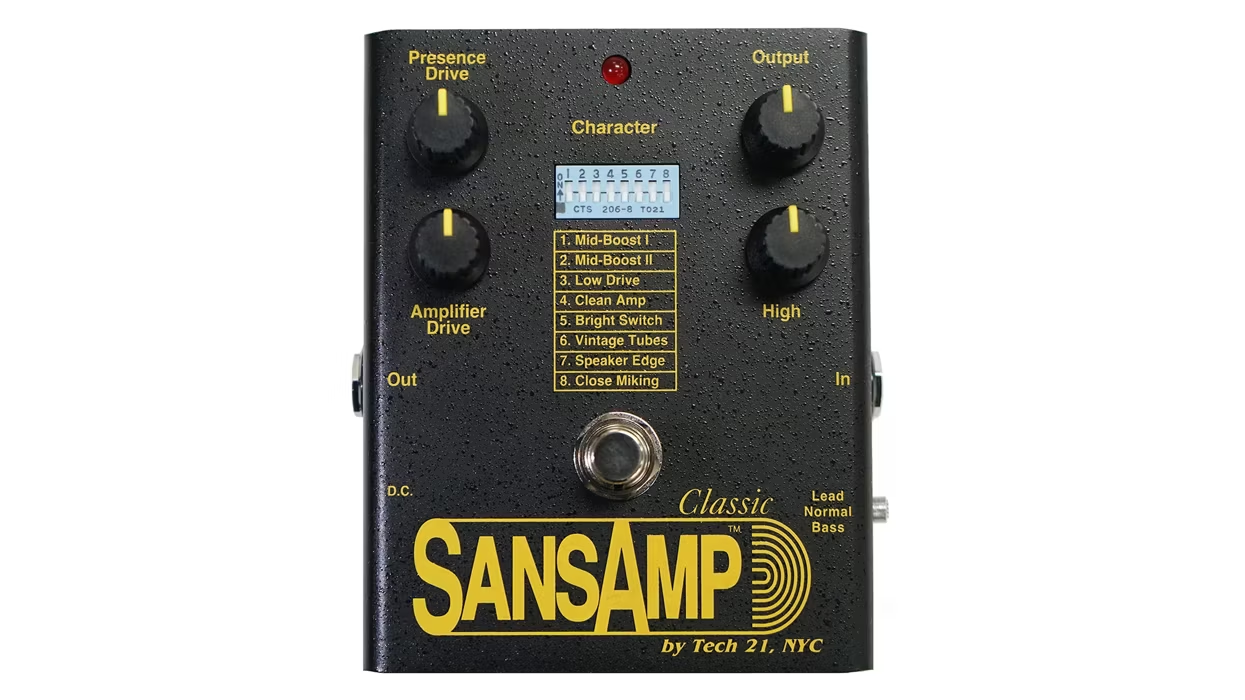
![Rig Rundown: Russian Circles’ Mike Sullivan [2025]](https://www.premierguitar.com/media-library/youtube.jpg?id=62303631&width=1245&height=700&quality=70&coordinates=0%2C0%2C0%2C0)
